In this post we’ll discuss whether cats can eat bell peppers. So if you’re a concerned cat-parent, this is for you!
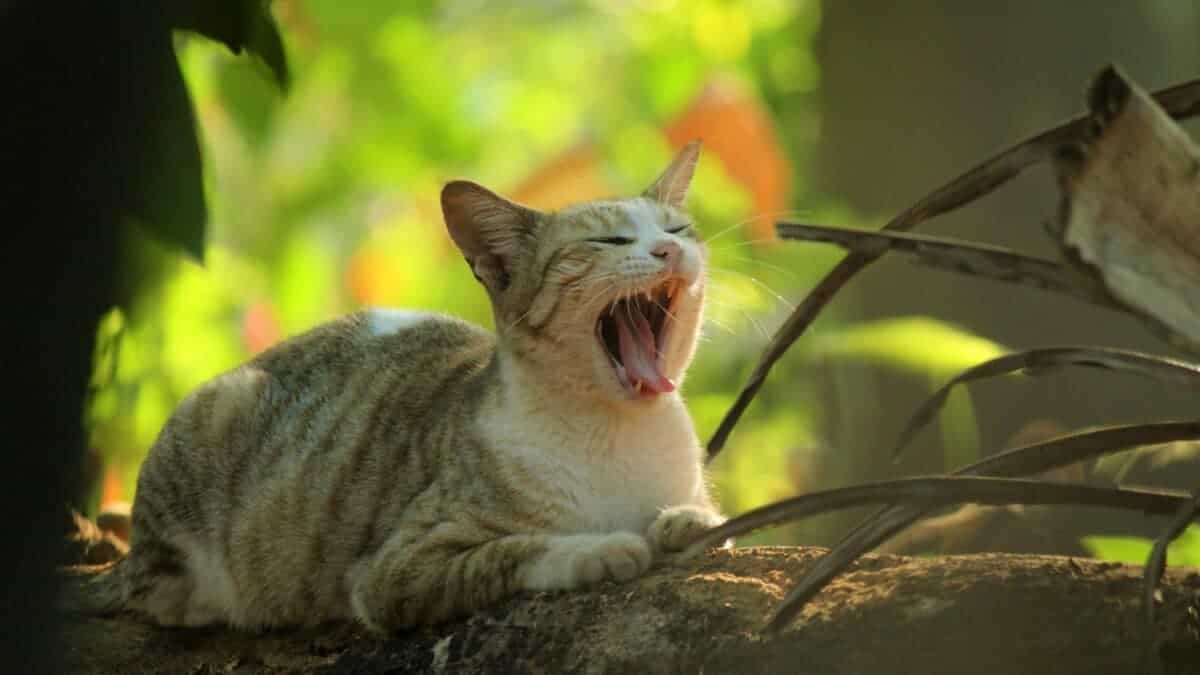
Do you ever wonder what’s safe for your cat to eat? Bell peppers are a popular food item among humans, so asking if cats can partake in them is normal. While some vegetables are okay for cats, there may be better options than bell peppers.
In this article, we’ll discuss whether or not it is safe and healthy for felines to consume bell peppers and which kinds of foods they should stick with instead. If you have a housecat that’s longingly been eyeing up your plateful of veggies lately, then read on!
An Introduction
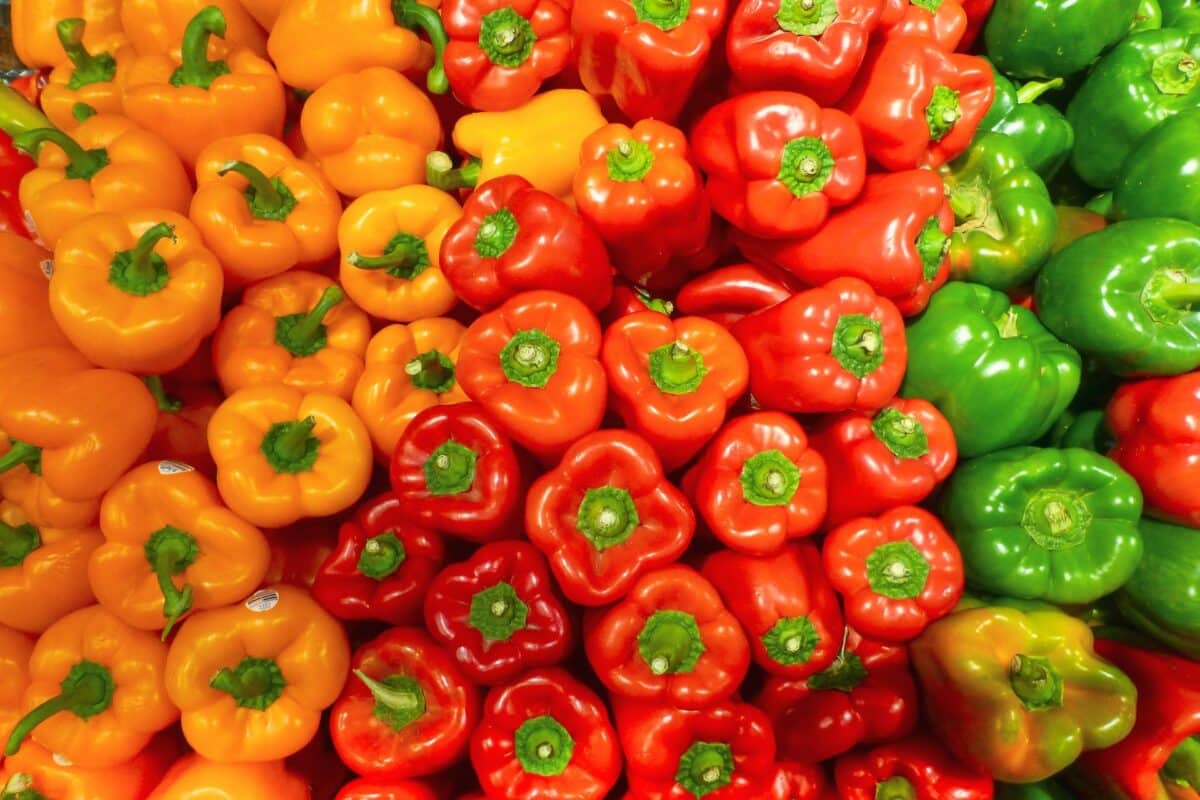
Cats are carnivores, so it is natural to question whether it is safe to consume vegetables such as bell peppers. While cats can get their daily serving of necessary nutrients from their regular diet of meat and fish, there are potential benefits that may come from adding some variety to their meals.
Bell peppers are enriched with vitamins and minerals, magnesium, and potassium. These nutrients help support healthy immune systems in cats and provide important antioxidant benefits.
Learn What Are Bell Peppers?
Is It Safe For Cats To Eat Bell Peppers?
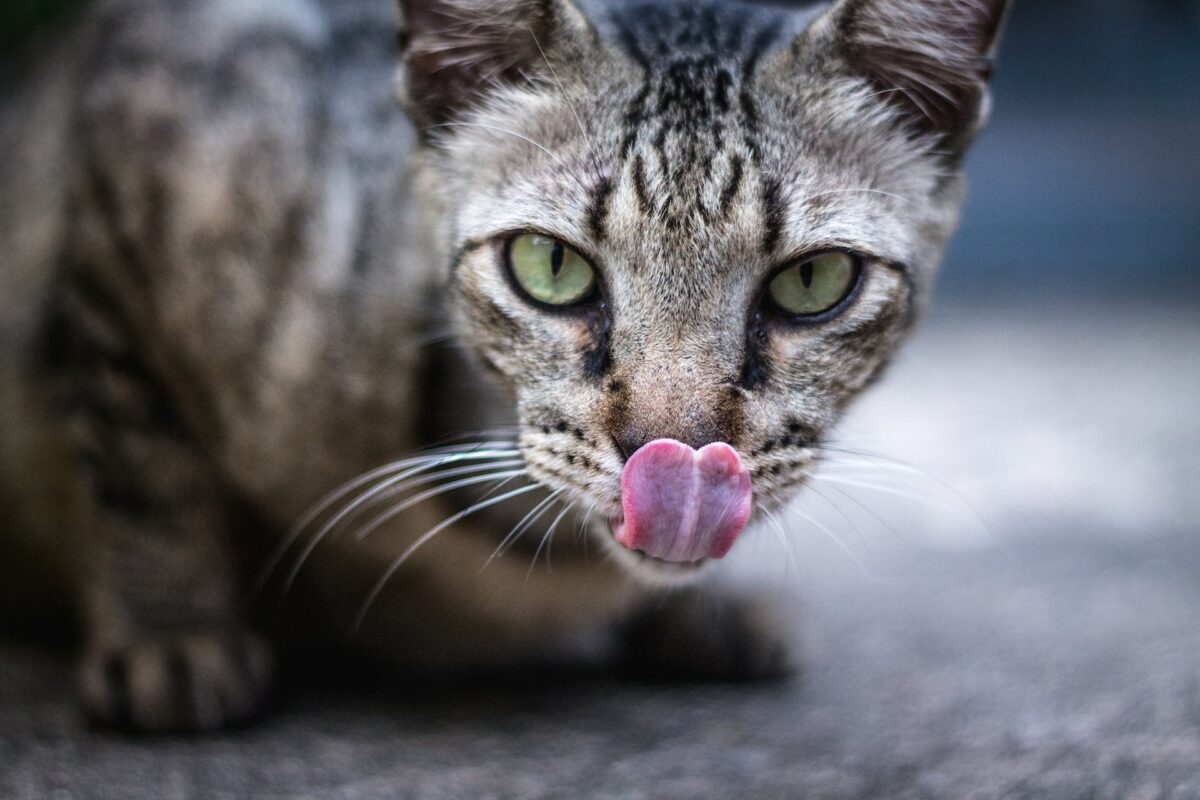
Although the nutrients present in bell peppers are beneficial to feline health, these vegetables can also cause gastrointestinal upset due to their high fiber content.
In addition, bell pepper skins contain oxalates which might be toxic if ingested in large quantities. Therefore, caution should be taken when feeding your cat any vegetable – especially bell peppers – as too much consumption could cause serious health issues.
Pet owners should speak with a veterinarian before giving any human food to their cats, including bell peppers. It will ensure they receive the correct advice regarding how often and how much they should feed their pet this vegetable, if at all.
Additionally, avoid feeding raw bell peppers unless specifically recommended by a vet since the uncooked form could be difficult for cats to digest properly.
Consulting your veterinarian before introducing bell peppers into your cat’s diet is recommended. Despite the potential benefits, like improved immune system function, they might not be suitable for your feline-friend.
Nutritional Value of Bell Peppers
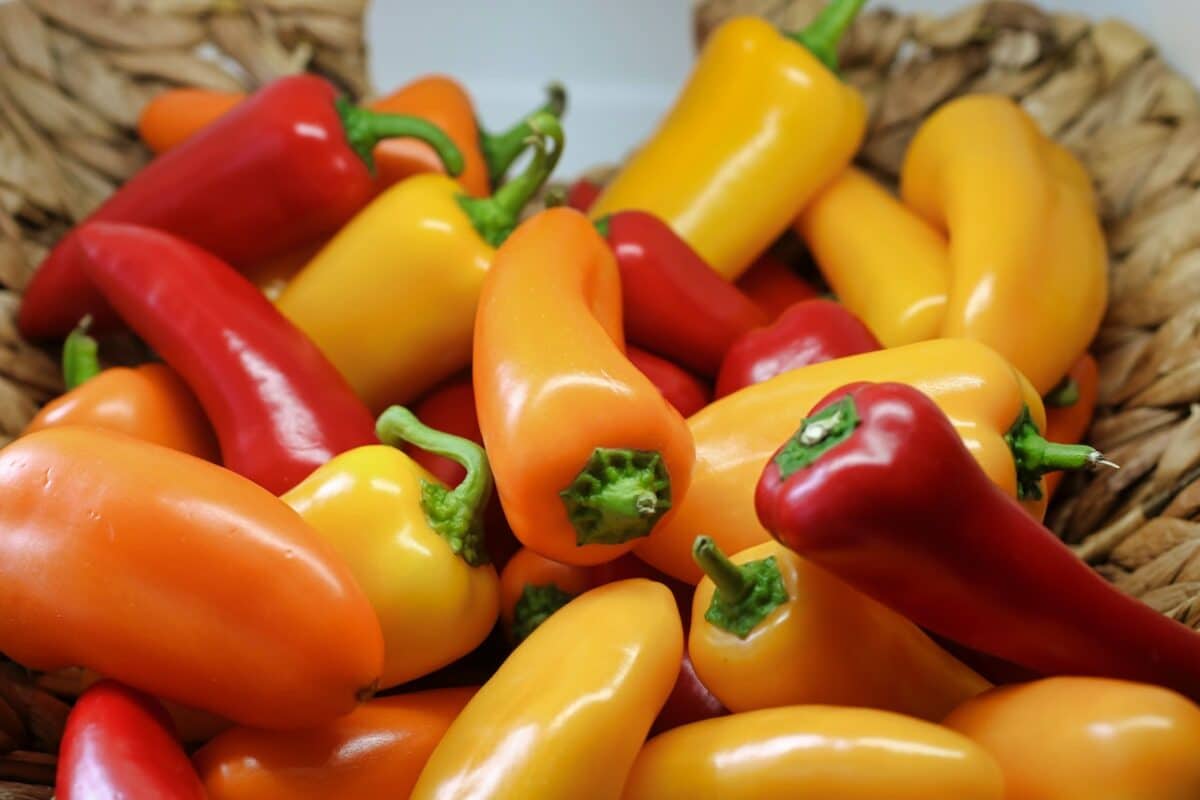
Bell peppers are a good source of vitamins and minerals that can benefit cats. They are high in Vitamin A, which helps keep your cat’s eyes healthy. Likewise, they have a good amount of Vitamin C, which helps keep their immune system functioning properly.
Other vitamins found in bell peppers include Vitamins B6, E, and K. When it comes to minerals, bell peppers contain iron and magnesium. These minerals help with energy metabolism and oxygen transport throughout the body.
Additionally, copper is found in bell peppers which aids the production of metabolic enzymes for energy production.
Do Cats Benefit From the Vitamins Present In Bell Peppers?
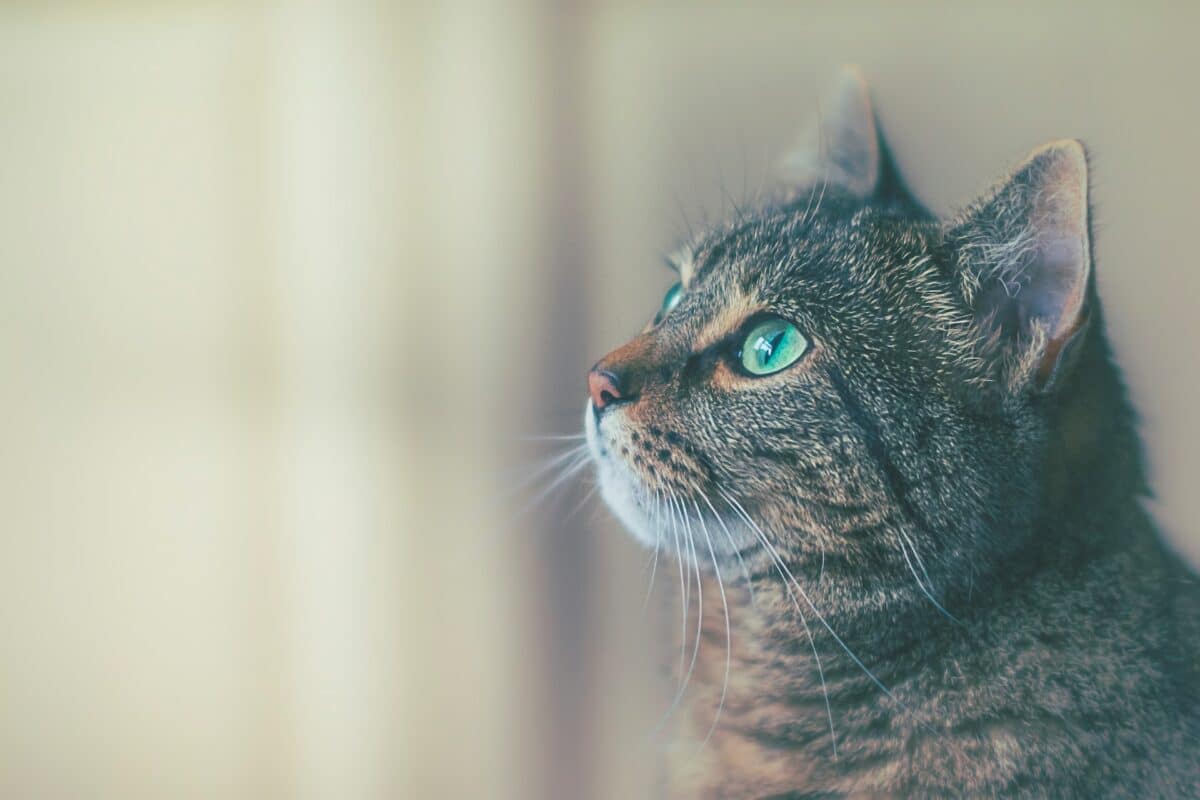
Regarding nutrient-rich foods, bell peppers may be high on your list. It is because they are chock full of vitamins C and A and some other essential vitamins and minerals. But should cats eat bell peppers to benefit from all these vitamins?
The short answer is no. While bell peppers benefit humans, cats cannot digest them properly and should not consume them. Bell peppers contain capsaicin, which is found in hot peppers and can irritate a cat’s digestive system.
Moreover, some cats may have allergies to this vegetable that can cause vomiting or diarrhea if ingested. In addition to the risk of a reaction to capsaicin, bell peppers are not a natural food source for cats. Therefore, they lack the necessary proteins and fatty acids they need in their diet.
As obligate carnivores, cats must get their nutrition from animal products such as meat or fish to stay healthy – not from fruits or vegetables like bell peppers.
As a responsible pet owner, you should avoid giving your cat any pepper. It could potentially make them ill due to an allergic reaction or digestive issues.
Instead, it would help if you focused on feeding your cat canned wet food or high-quality dry kibble that includes meat sources as its primary ingredients. It will ensure your cat gets all the necessary nutrients without any potential risk from consuming potentially harmful substances.
Possible Benefits For Cats Who Consume Bell Peppers
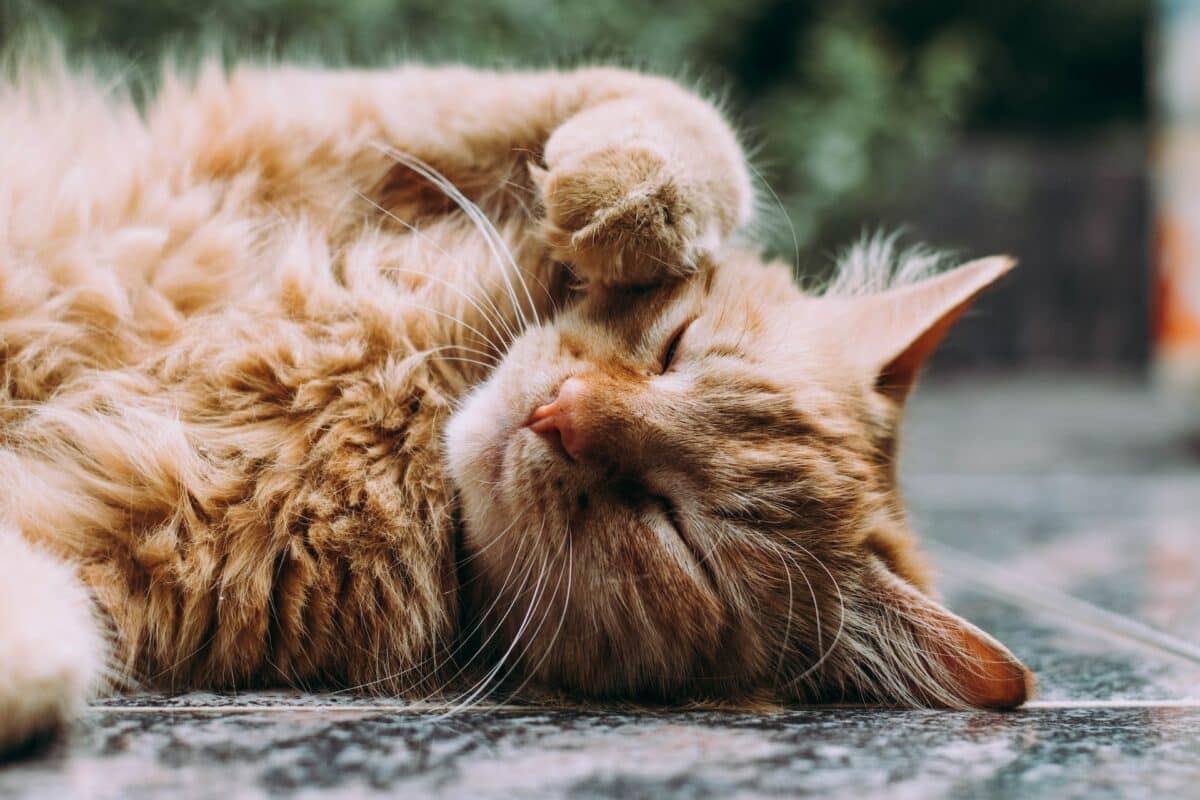
If your cat does end up eating bell peppers, it is not the end of the world. After all, they do contain some vitamins and minerals. Consuming bell peppers can benefit cats due to their rich nutritional content. The fiber found in the peppers can help support digestive health by promoting regularity.
Furthermore, since they are low in calories, they can be a great snack option for cats that tend to put on weight easily or struggle with obesity-related issues like diabetes mellitus or hyperthyroidism. In fact, they also have some anti-inflammatory properties.
Finally, some studies suggest that consuming bell peppers may even reduce cancer risk due to antioxidant compounds like carotenoids and lutein found within them.
Risks of Feeding Bell Peppers To Cats
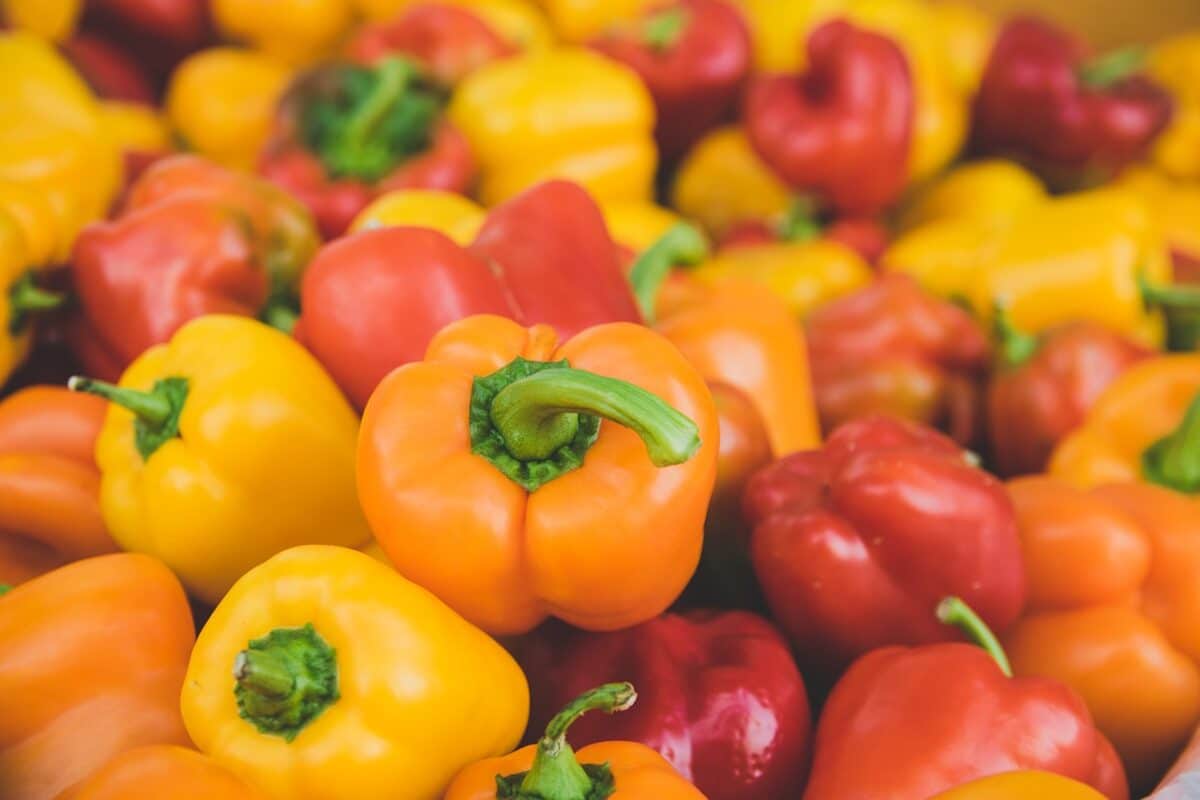
#1 Potential Disruptions In Digestive Health
Cats and humans have different dietary needs, and while some human foods are safe for cats, bell peppers are not the best. Bell peppers contain high levels of vitamin C and other antioxidants, which can benefit humans but are not as easily processed by cats.
Eating bell peppers can cause digestive upset in cats, including mild to severe abdominal pain, vomiting, and diarrhea. Additionally, bell pepper seeds can be a choking hazard if swallowed.
#2 Possible Allergic Reactions To Bell Peppers
Cats are much more sensitive than people regarding food allergies, so they may have an allergic reaction to bell peppers. Some warning signs of an allergic reaction include sneezing and coughing; itchiness or hives on the skin; swelling around the face or muzzle; difficulty breathing; diarrhea or vomiting; and lethargy or weakness.
If your cat shows any of these symptoms after consuming a bell pepper, seek veterinary attention immediately, as it could be a sign of an allergic reaction that requires treatment.
Recommended Fruits and Veggies For Cats
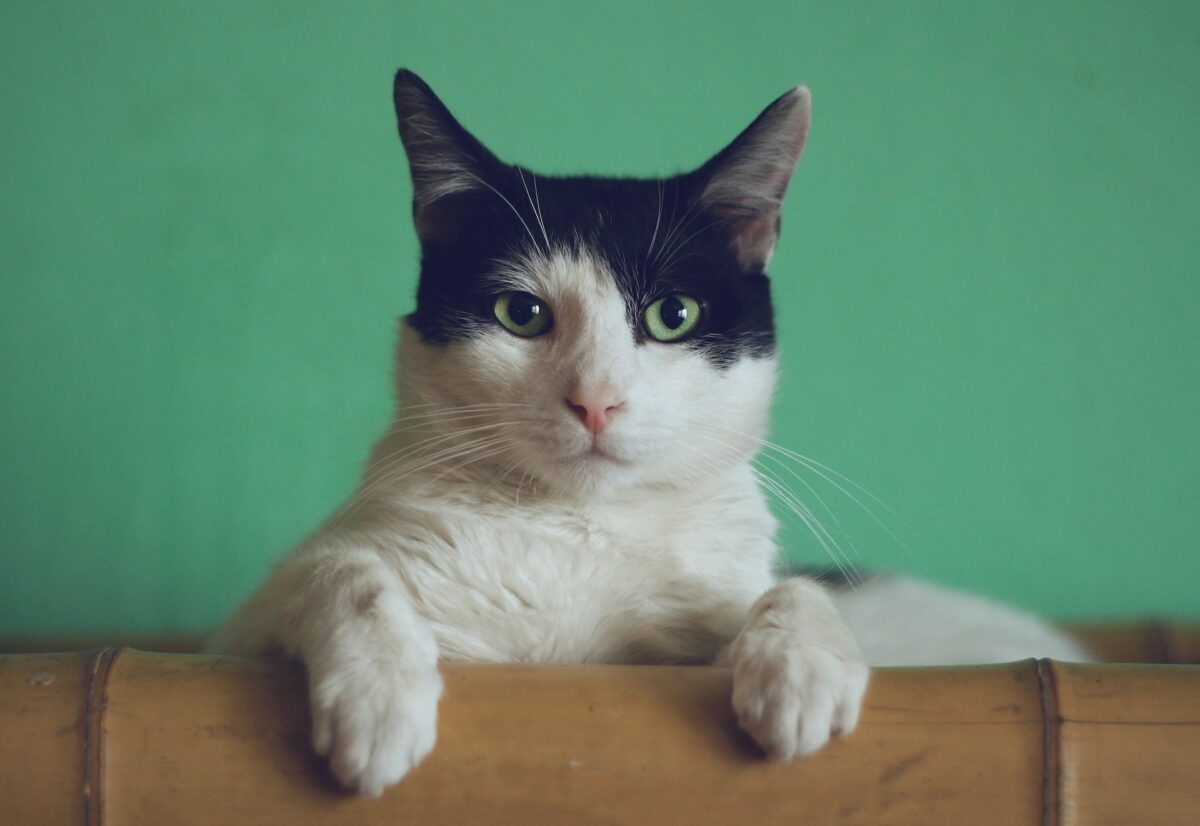
A balanced diet is key when feeding your four-legged friend. While cats derive most of their nutrition from meat-based proteins, they can also benefit from incorporating some fruits and vegetables into their diet.
Some recommended vegetables that cats can safely eat include broccoli, carrots, green beans, and spinach. When it comes to fruits, apples and bananas are generally considered safe for cats to consume in moderation.
Differences Between Store-Bought Cat Treats and Home-Prepared Cat Foods
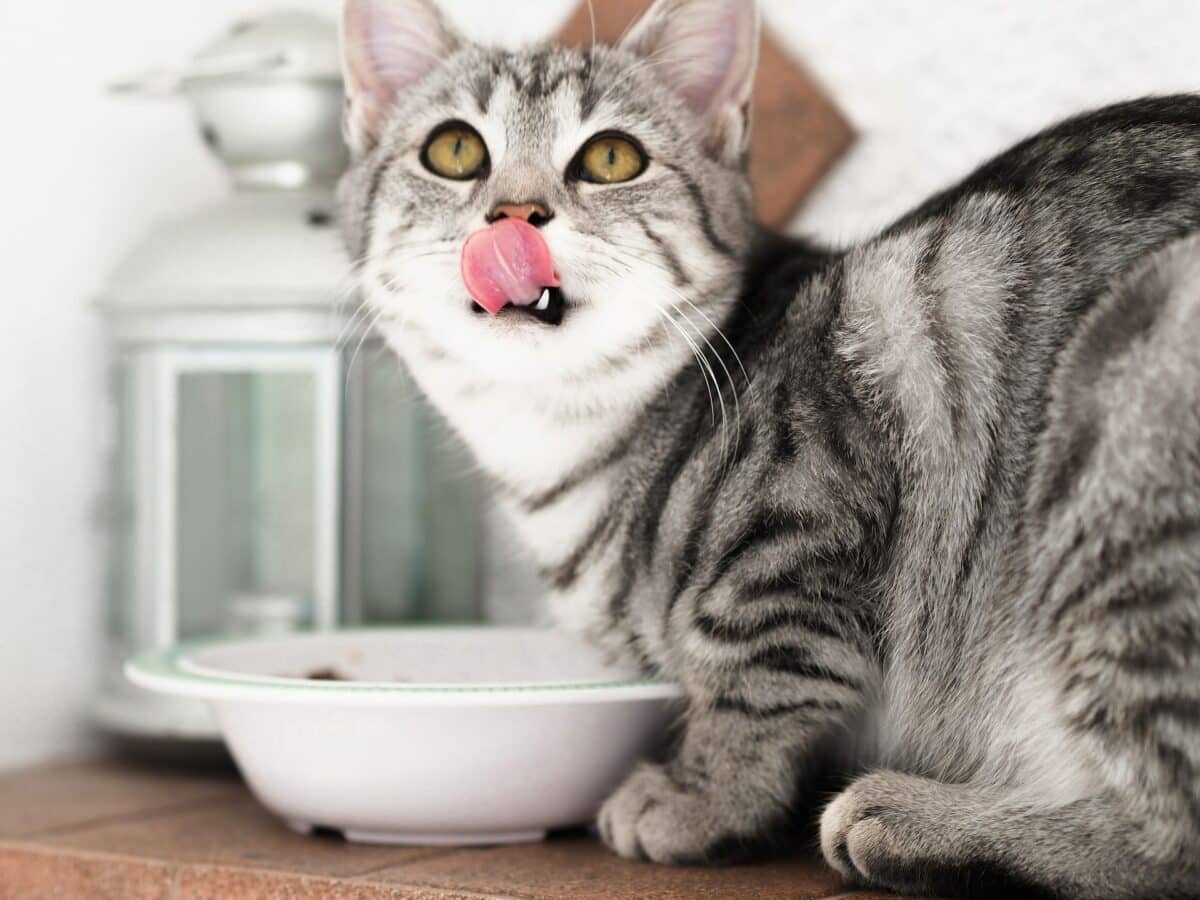
When deciding what food is best for your cat or kitten, many choose store-bought treats or wet food instead of preparing meals from scratch. While both options have pros and cons, homemade prepared meals tend to be more nutrient-dense than store-bought ones – plus, you’ll know what ingredients are going into your pet’s food!
Key Points
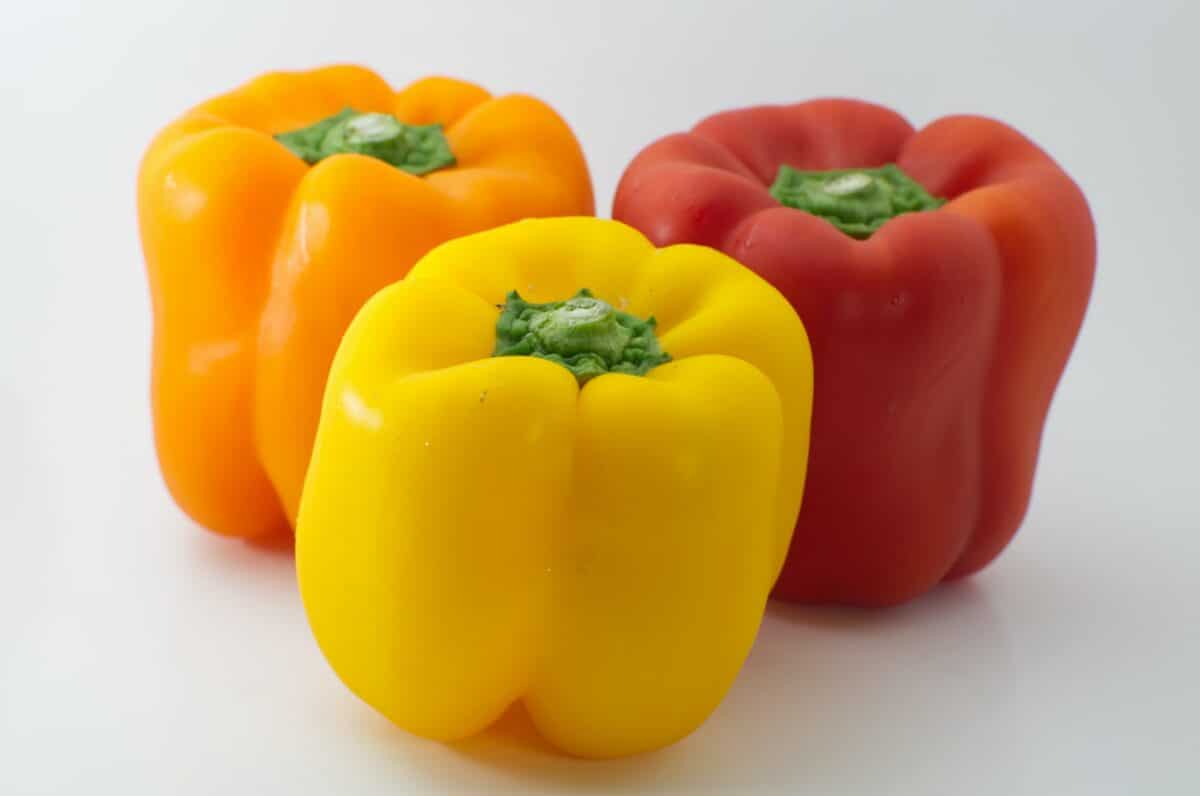
| Bell peppers are a popular food item among humans, so asking if cats can partake in them is normal. |
| Regarding nutrient-rich foods, bell peppers may be high on your list. It is because they are chock full of vitamins C and A and some other essential vitamins and minerals. |
| While cats derive most of their nutrition from meat-based proteins, they can also benefit from incorporating some fruits and vegetables into their diet. |
| Consuming bell peppers can benefit cats due to their rich nutritional content. The fiber found in the peppers can help support digestive health by promoting regularity. |
| On the other hand, peppers are quite acidic and might have the opposite effect and cause an upset stomach. |
| Although bell peppers are not toxic to cats, they are not highly recommended and there are many other veggies better suited for felines. |
Closing Thought
In conclusion, while bell peppers may not be an ideal choice for feeding cats due to their high acidity levels, plenty of other healthy fruits and veggies are available that can provide essential vitamins and minerals while being safe for felines at the same time!
Thank being said; bell peppers are not poisonous to cats. So, if they do ingest some, you have no reason to panic. You should, however, be on the lookout for any signs of an allergic reaction.
When looking for nutritious options to feed your furry friend, consider low-acid options such as apples or broccoli. However, it’s important to ensure that any food offered is consumed in moderation to avoid potential digestive issues.
Thank you for reading this article! If you’re a concerned feline-owner you might worry about what other foods are safe to share with your pet – read our post on Can Cats Eat Boiled Eggs?
Join our Forum for free today!


